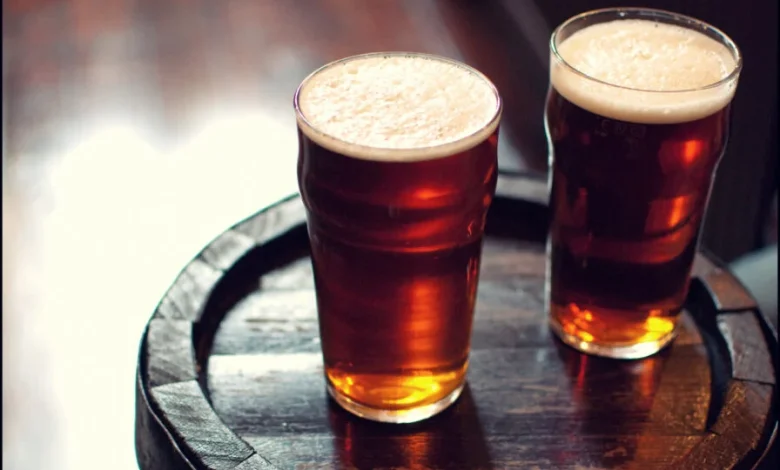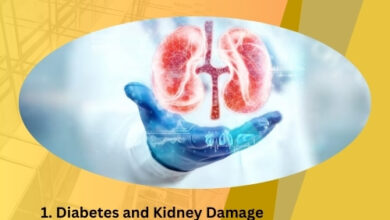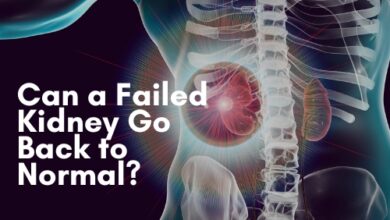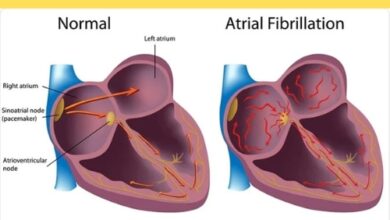Losing Weight With Ozempic Might Also Lighten Your Bar Tab, Study Finds
A study of 14,000 WeightWatchers participants is the latest to suggest that Ozempic and similar obesity drugs could be adapted into treatments for substance use disorders.

Another unanticipated advantage of using Ozempic and comparable medications to lose weight could be a smaller bar tab. There is evidence that those who use these medicines also tend to reduce their alcohol consumption, according to new research released today.
Participants who joined a WeightWatchers program and received one of various anti-obesity treatments, such as second-generation GLP-1 pharmaceuticals like semaglutide (the active component of the medications Wegovy and Ozempic), were the subjects of the study. The researchers discovered that almost half of those who had previously consumed alcohol on a regular basis cut back after the program started. The results provide the most recent evidence in favor of the theory that these previously ground-breaking medications may be used to treat substance use problems.
Diet and exercise alone have not been shown to be as helpful in promoting weight loss as semaglutide and other more recent GLP-1 medications. However, scientists are also beginning to look at whether these medications help reduce cravings for potentially dangerous substances like alcohol or opioids. However, the data supporting this effect is still in its early stages and has mostly come from tiny studies of GLP-1 users, personal experiences, and animal research.
WeightWatchers scientists also observed that their members reported less alcohol consumption, so they joined together with other researchers to create a novel study that could accurately monitor individuals before and after they started taking these drugs.
“This was different from previous research in that we looked at changes in alcohol use before and after starting an anti-obesity medication and included a variety of anti-obesity medications (metformin, bupropion/naltrexone, first-generation GLP-1s, and second-generation GLP-1s), whereas other work has not looked at pre- and post-changes and have primarily looked at those with substance use disorders,” lead researcher Lisa Miller-Matero, associate director of Health Services Research at Henry Ford Health, told Gizmodo via email.
The results of more than 14,000 WW members who joined a telemedicine weight loss program were examined by Matero and her team. The majority of these people (86%) were taking tirzepatide or semaglutide, which are the active ingredients in the medications Mounjaro and Zepbound.
Prior to beginning the program, approximately 50% of the participants reported consuming alcohol. Additionally, 45% of these participants said they drank less afterward. All anti-obesity drug groups had this decrease, although those on bupropion/naltrexone were the most likely to report drinking less (the researchers no longer found a significant difference between the treatments after controlling for weight loss). The journal Jama Network Open published the team’s findings on Tuesday.
“It’s also encouraging that people who were drinking heavily or moderately were more likely to cut back on their alcohol consumption,” Miller-Matero stated.
These medications manage obesity in diverse ways, and their effects on alcohol use are probably no different. For example, GLP-1s may reduce the rewarding impact of alcohol use, much like they do with food, even if naltrexone is known to reduce cravings for alcohol. Since previous research has not indicated that metformin reduces alcohol usage, the researchers were astonished to find that even those using the older diabetic medication used to treat obesity tended to drink less. The researchers hypothesize that this decrease among metformin users might have been related to the weight loss regimen itself. Limiting alcohol consumption is frequently advised for weight loss in order to cut calories and steer clear of bad food options, and participants in these programs are particularly encouraged to alter their habits.
GLP-1 medications may find a second life as addiction therapies, as naltrexone is currently authorized to treat alcohol use disorder. However, the experts warn more research is necessary to know for sure.
“This work is encouraging and suggests that medications to treat obesity may also have an effect on reducing substance use, but I think it’s a bit early to make recommendations about using these for the treatment of substance use disorders,” Miller-Matero stated. “These results call for more investigation into the use of anti-obesity drugs, such as GLP-1 RAs, to lower alcohol consumption.”
Miller-Matero is eager to learn more about how these medications might be used to treat alcohol use disorder. According to her, future research might evaluate these drugs in randomized trials that include participants in weight loss programs who are not taking medication as a kind of control. With this method, it would be simpler to ascertain whether the drugs are causing decreased alcohol consumption rather than the results of merely participating in a weight-loss program.




